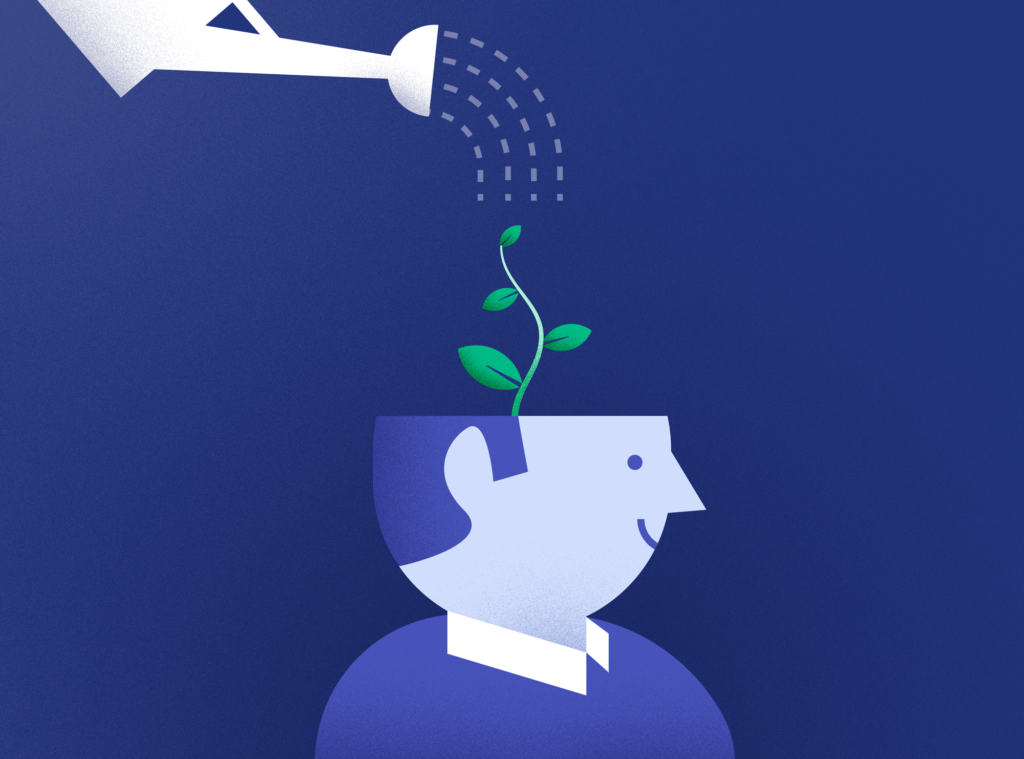
These days, it seems like having a growth mindset is de rigueur.
Chances are you’ve been urged to adopt a growth mindset or to pass one along to your kids. The idea of growth mindset has gone viral.
But what is a growth mindset, really? And why should you care?
A growth mindset about intelligence is the belief that your intellectual abilities can develop. The opposite—a fixed mindset—is believing that you can’t really get any smarter than you are right now.
As a neurobiology major in college, I was taught that our brains didn’t change much after early childhood.
But more recently, neuroscientists have discovered that the brain is plastic at every stage of life. While kids’ brains change more readily than, say, their middle-aged parents, there is never a day when the neural structures that enable us to think, reason, and make sense of the world are totally fixed.
What’s more, structural changes aren’t the only way our intellectual abilities can grow. At any age, we can learn new strategies and develop healthy habits—and these improvements in our “neural software” don’t require changes in our “neural hardware.”
Not only is a growth mindset a more accurate view of human nature, it’s also adaptive. For instance, a growth mindset inclines you to embrace challenges as opportunities to develop your abilities. And after you make a mistake, it helps you look for lessons rather than protect your ego.
For parents…
Try reading our new Growth Mindset playbook to learn more. And to go further, get Carol Dweck’s classic book, Mindset. Nearly every athletic coach, school superintendent, and CEO I know has a dog-eared copy—and so do I.
For educators…
Try this growth mindset curriculum developed especially for adolescents. In a recent nationally representative study, high school students who completed a similar activity at the beginning of the school year earned higher report card grades. The benefits were greatest in school cultures where seeking challenge was the norm. So plant the seed of growth mindset, but remember, too, to till the soil of school culture.
With grit and gratitude,
Angela
